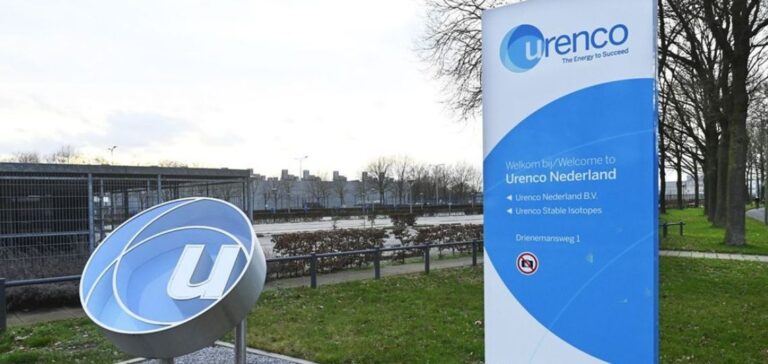ANVS (Autorité de sûreté nucléaire et de radioprotection) issued a warning to Urenco after an inspection revealed that radioactive material (activated carbon and used oil) was stored in a room that did not meet the required fire safety standards. Although there was no immediate danger to the population or the environment, in April 2023 the ANVS issued a “tolerance decision”, allowing the construction of a new storage facility without the permit usually required, so that Urenco could quickly meet safety requirements.
Finalizing the permit and its implications
ANVS has indicated that this situation of tolerance, which had allowed Urenco to create and use a new storage facility without a permit until July 1, 2024, has now ended with the granting of the final permit. This marks a significant evolution in safety management at Urenco, which manages waste from its uranium enrichment activities at Almelo. This waste cannot be sent directly to Covra (Central Organization for Radioactive Waste) and must first be processed by the company.
License modifications and technological innovations
In addition to granting the final permit for the waste storage facility, ANVS also made three amendments to Urenco’s license for the Almelo plant. The company can now modify the layout of its buildings to suit the new situation, and use a higher tube voltage for its X-ray equipment, essential for inspecting its centrifuges during assembly. For a new type of centrifuge, Urenco needs equipment with a tube voltage of 250 kV, higher than the currently authorized 200 kV.
Expansion and future capacity
In December last year, Urenco announced plans to increase capacity at its Almelo plant by 15% in response to new customer commitments. The project involves the addition of several new centrifuge cascades to the existing plant, increasing production by around 750 tonnes of SWU (separation work units) per year. The first new cascades should be operational around 2027.
ANVS approval for Urenco’s new storage facility and license updates mark an important milestone in the company’s ongoing commitment to safety and innovation. These developments ensure that Urenco remains at the cutting edge of nuclear technology while strictly complying with safety regulations.





















